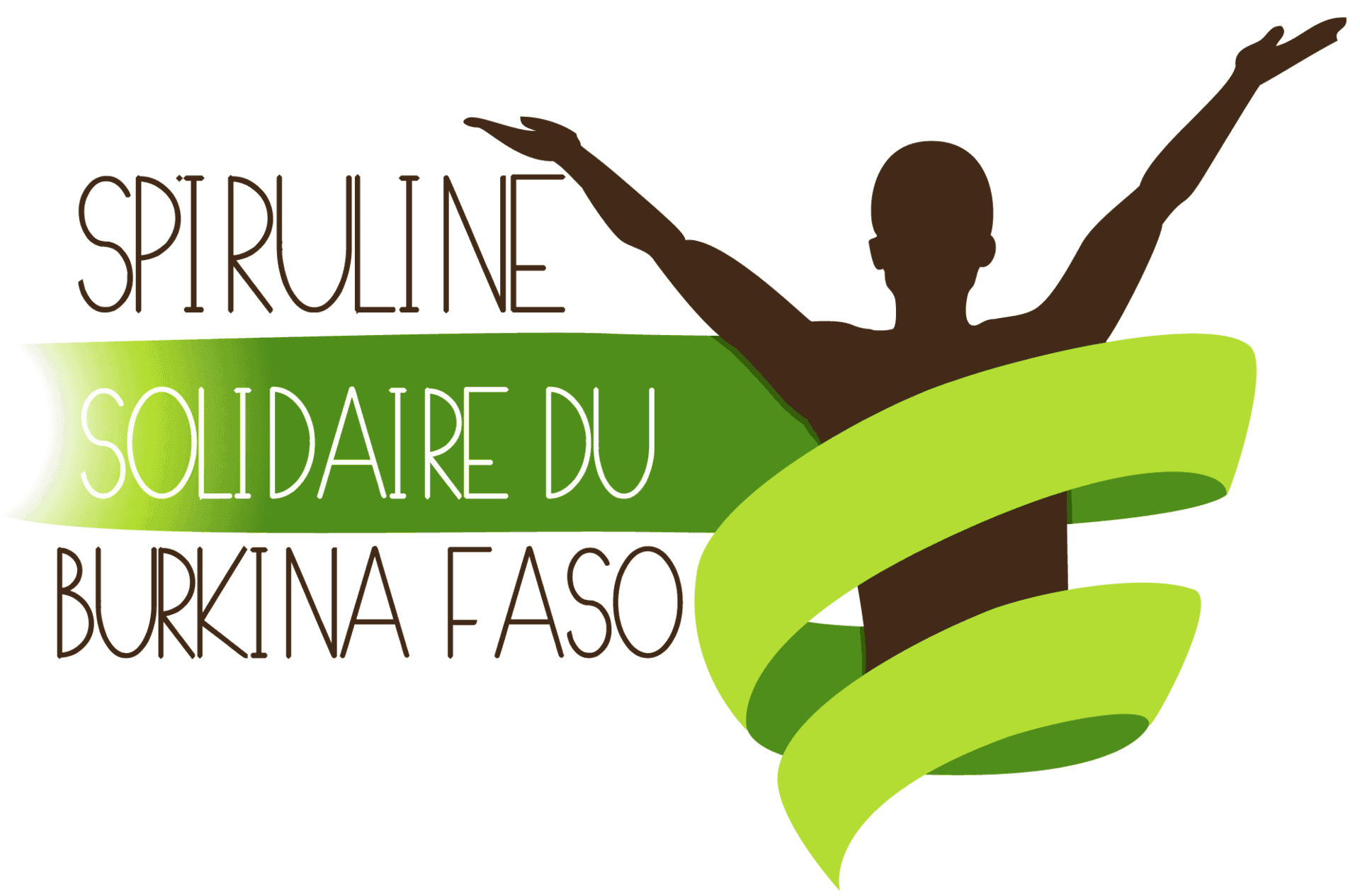* those who take care of their health [1,2], their well-being, to reduce stress, fatigue, delay aging
THERAPEUTIC VIRTUES
Who benefits?
Spirulina is appreciated by a large number of people:
Therapeutic treatments
*people with cancer, neuro-deficient diseases
(Parkinson, Alzheimer) [2,6,7,8,9,17]: Spirulina increases the immune defenses, purifies and regenerates cells, limits the uncontrolled development of cancer cells, activates killer cells of cancer cells. These multiple effects make it possible to be taken into account in the treatment of cancer. The Canceropole of Toulouse uses this one.
*against cardiovascular disease, regulates hypertension, diabetes, cholesterol
[1,3]: great regulatory effect.
*
people with immunodeficient diseases
(HIV, myopathy, etc.) [9,10,11]: For HIV, it considerably strengthens the immune system, prevents the entry of the virus at the level of the cell membrane, and restores appetite to patients. From a certain dose (10g / day), the number of viruses in the blood would tend to decrease.
Africa sees spirulina as an important hope produced at low cost; influential pharmaceutical companies don't appreciate it!
*
against the harmful effects of nuclear radioactivity
[13,14]: Study carried out on 250 children irradiated in Chernobyl in 1987 consuming 5g per day. After 3 weeks the radioactivity disappeared from the urine / after 2.5 years 82% of the children had not had thyroid cancer or other complications, while 100% of the children who had not taken it had had.
*
remove heavy metals
[13,14]: spirulina thus participates very effectively in deep drainage and detoxification of the organism, as well as in its reoxygenation
*
against anemic fatigue
[12]: Spirulina is an excellent source of iron (3 to 8 mg / 5 g, highly assimilable (94%), spirulina is recommended for anemic women
*
skin, hair; and nails
[1,2,3]: Restores shine to hair and nails. Keep or regain vitality.
[1] Professor Falquet J., in "Spirulina, nutritional aspects", Antenna Technology, Geneva, May 1996.
[2] Doctor Ames, Proceeding Academy of Sciences USA, Issue 4, pp 1870-1875, pp 1876-1881, pp 2356-2361, 19 Feb 2002.
[3] Sautier and Trémollières “Food value of spirulina algae in humans”, Annals of Nutrition and Food 1975.
[4] Semba RD et al., In "Maternal vitamin A deficiency and mother to children transmission of HIV-1", the Lancet 343, 1994.
[5] Miao Jian Ren, in "Spirulina in Jianghi China", Society of Applied Algology, Conference given in Lille in September 1987 State of fatigue, stress, growing children: "Spirulina is a real source of health for children" (Jian Ren).
[6] Babu M., Nutrition and Cancer, Vol. 24, pp 197-202, 1995.
[7] - Lisheng L., Marine Sciences, Qindao China, Vol. 5, pp 33-38, 1991.
[8] - Pang Qishen, Acta Genetica Sineca (Chinese Journal of Genetics), Vol. 15, Ayehunie et al., 7th, Knysna, South Africa, April 1996.
[9] Kozlenko R. and Henson RH, in “Effects on the AIDS virus, cancer and the immune system”, http://www.spirulina.com/SPLNews.html.
[10] K. Gustavson, Journal of the National Concert, vd.821, n ° 16, 1989, p-1254-1258
[11] Rule SA et al., In "Serum vitamin B12 in early disease", American Journal of Hematology, Vol. 47, 1994.
Nayaka N. et al., In "Cholesterol lowering effect of spirulina", Nutrition
[12] Atkins R., in "The Anti-Aging Regime", Plon 2001.
| 13] Dardynskaya in “Spirulina natural sorbent of radionucleid”, Rechearch Institute of Radiation Medicine, Minsk, Belarus, 1991.
[14] - Evets LB, Grodenski State Medical University. Study by Professor Evets et al. (1994) Study in Chernobyl on 240 irradiated children
[15] Belay and Ota, in "Current knowledge on potential health benefits of spirulina", Journal of Applied Phycology, Vol. 5, pp 235-241, 1993 [16] Babu M., Nutrition and Cancer, Vol. 24, pp 197-202, 1995.













